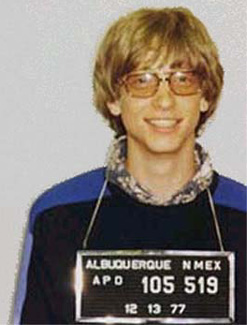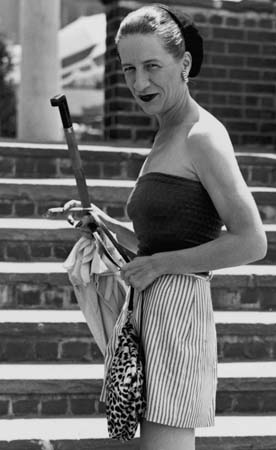Last Sunday, I listened to a string of Harvard Business Review podcasts while raking the yard. This was the first raking of the season. Even with a tiny yard and a wide rake, I was out there until sunset.

HBR interviewed cognitive psychologist Scott Barry Kaufman regarding his latest book, Ungifted: Intelligence Redefined. The most important point is that labeling kids as “dyslexic”, “shy”, “autistic”, etc. disregards their innate gifts. And dysfunctions can trigger a different area of the brain to compensate. Today’s dyslexic child might be a new incarnation of Bill Gates.
Some kids never get past the label. Others fight hard to overcome the barriers erected by family, friends, and society.
I’d been thinking about the topic of overcoming labels after watching the documentary Diana Vreeland: The Eye Has to Travel, the story of the infamous and fabulous fashion editor.
Diana (pronounced dee-ahna) Dalziel was labeled the “ugly” sister. Alexandra Dalziel bore the traits of a classic beauty — symmetrical proportions and sunny blond hair. Diana, with her dark hair and large nose, never measured up. Her mother proclaimed, “It’s too bad that you have such a beautiful sister and that you are so extremely ugly and so terribly jealous of her. This, of course, is why you are so impossible to deal with.”

Diana spent life promoting the innate beauty and unique qualities of women, and celebrated her own uncommon beauty. The pages of Harper’s Bazaar and Vogue featured women with prominent noses and gapped teeth rather than only cookie-cutter beauties.
Undaunted Diana Dalziel Vreeland overcame the “ugly” label. The women who pored over those magazine pages were forever changed.
Don’t stop at “dyslexic”, “special needs”, “ugly”, “slow”, “worthless”, “evil”, “doomed”, “lazy”, “dummy”.
Prove the labellers wrong.
What is or was your label?